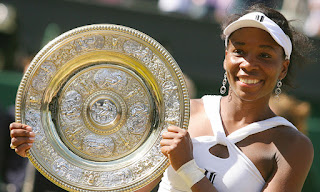Athlete Mental Preperation

Mental Preperation PsychElite Performance As you know, Taylor's Strength Training, in Liverpool are hosting a varsity championship for power lifting between LJMU and Liverpool University. Danny has helped Liverpool University get prepared for this competition by setting up a partnership with them to make sure they execute the lifts as they should be lifted and helping them with numbers for the day (i am tipping **** to take the title). As the competition is only 2 weeks away, everybody is preparing for the competition by eating right, recovering and lifting. But how many people are mentally preparing for the competition? After all, its just lifting heavy weights, right? Wrong! By focusing on mental preparation just as much as the other factors, it will increase your chances of doing better. 1% better can be the difference between winning and losing. Here are my 3 ways to prepare for better performances. "In the sports arena, i would say there is nothing like...



